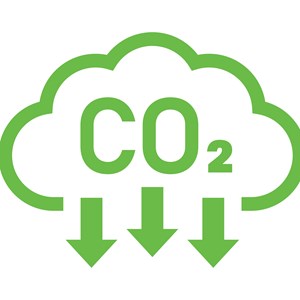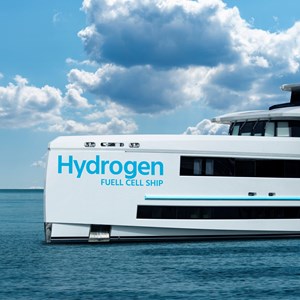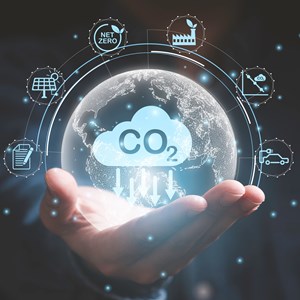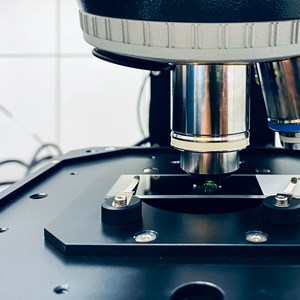NEWS

This CEN-CENELEC Workshop intends to develop two CWAs related with the automation of road maintenance technologies.

The motivation for this workshop comes from the Horizon Europe funded project MARBEFES - MARine Biodiversity and Ecosystem Functioning leading to Ecosystem Services (Grant Agreement no 101060937). One aspect of the project aims to achieve ecological and socio-economic valuation through a validated set of innovative tools. As part of the development of these tools, the project identified the need for a common methodology for ecosystem valuation which could be applied across European waters.

The planned CEN Workshop Agreement will provide clear guidelines and criteria for products produced without burning fossil fuels.

The CEN Workshop on ‘Testing and evaluating the performance of devices for electrocatalytic reduction of CO2 to CO’ was kicked off on 20 July 2023. The Workshop’s registered participants have agreed on the final draft of the CWA.

This CWA presents a methodology for the data-driven management of production processes from inception to operation, which allows to document their lifecycle and gain knowledge through its application. It provides a description of the methodological approach along with the introduction to its primary objectives.

The planned CEN Workshop Agreement will define guidelines for decision-making on designing a Digital Product Passport (DPP), including its data carrier, information portal contents, and information exchanges and applications, based on the experience of the H2020 project CircThread.

The goal of this CEN/WS is the development of a CWA which provides a set of design and installation recommendations for the arrangement and installation of propulsion systems, using hydrogen as fuel, on passenger ships.

The CWA describes a set of common procedures, methodologies and protocols to be applied when determining specific performance characteristics of gas separation membranes for various applications.

The planned CEN Workshop Agreement defines procedures for the management of technical/financial/legal support to energy transition projects implemented through a cascade funding approach.

CEN Workshop on 'Raman devices calibration, verification and twinning protocols' was kicked off on 28 February 2024.